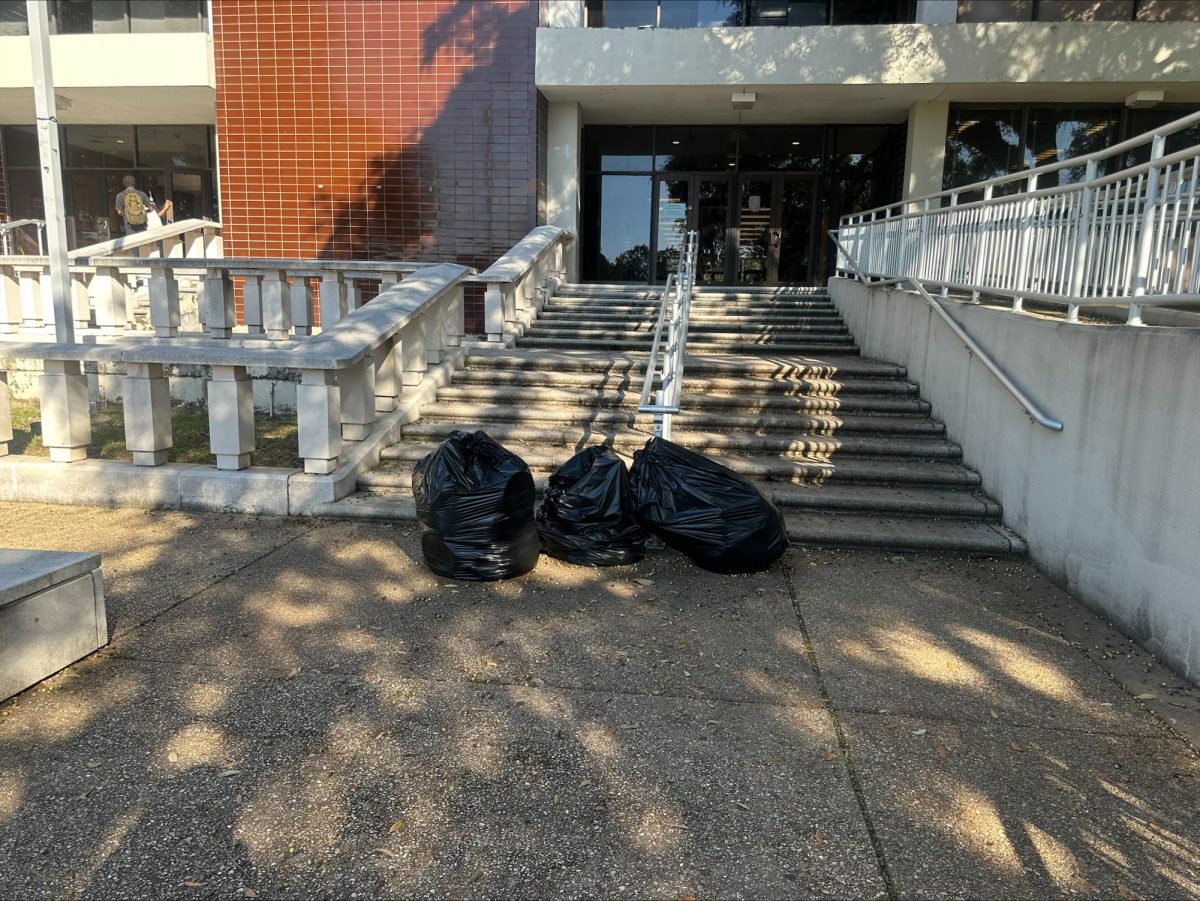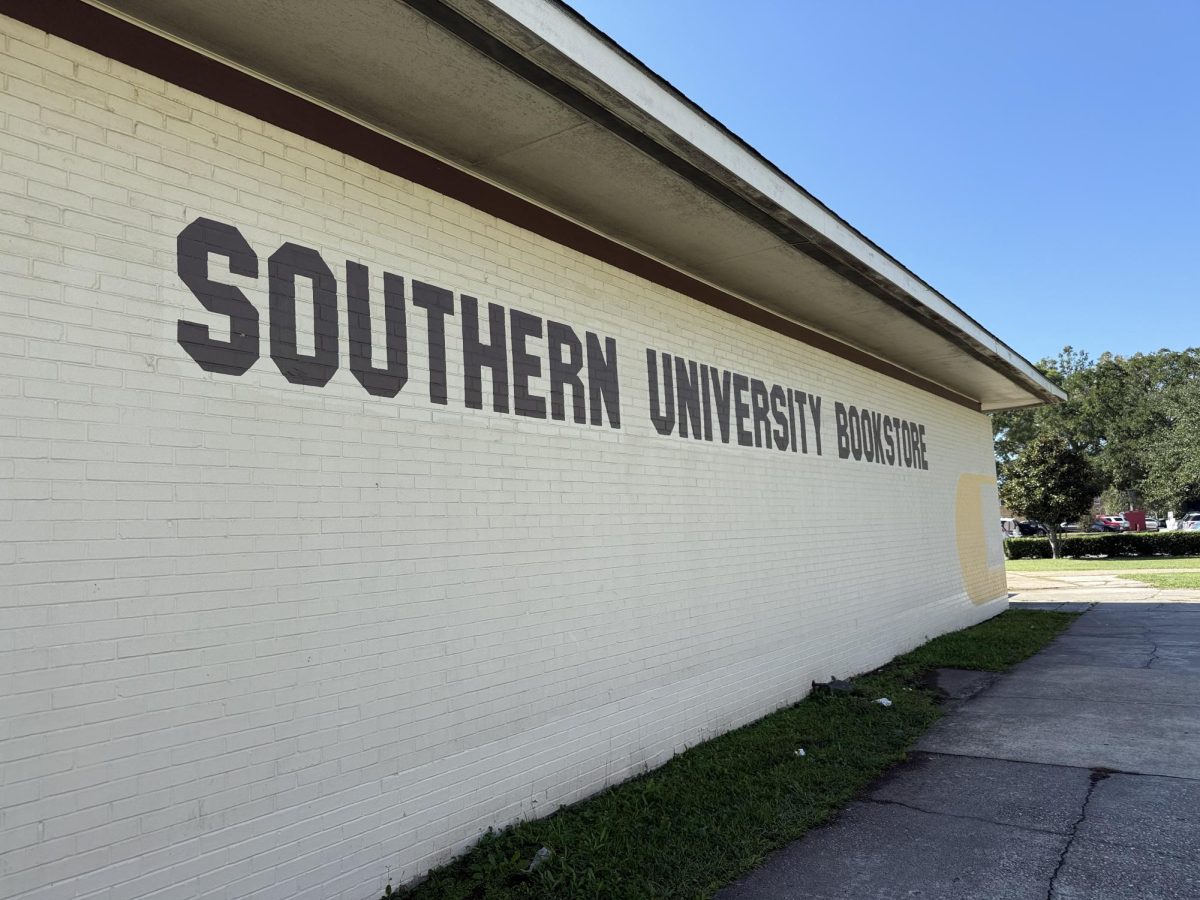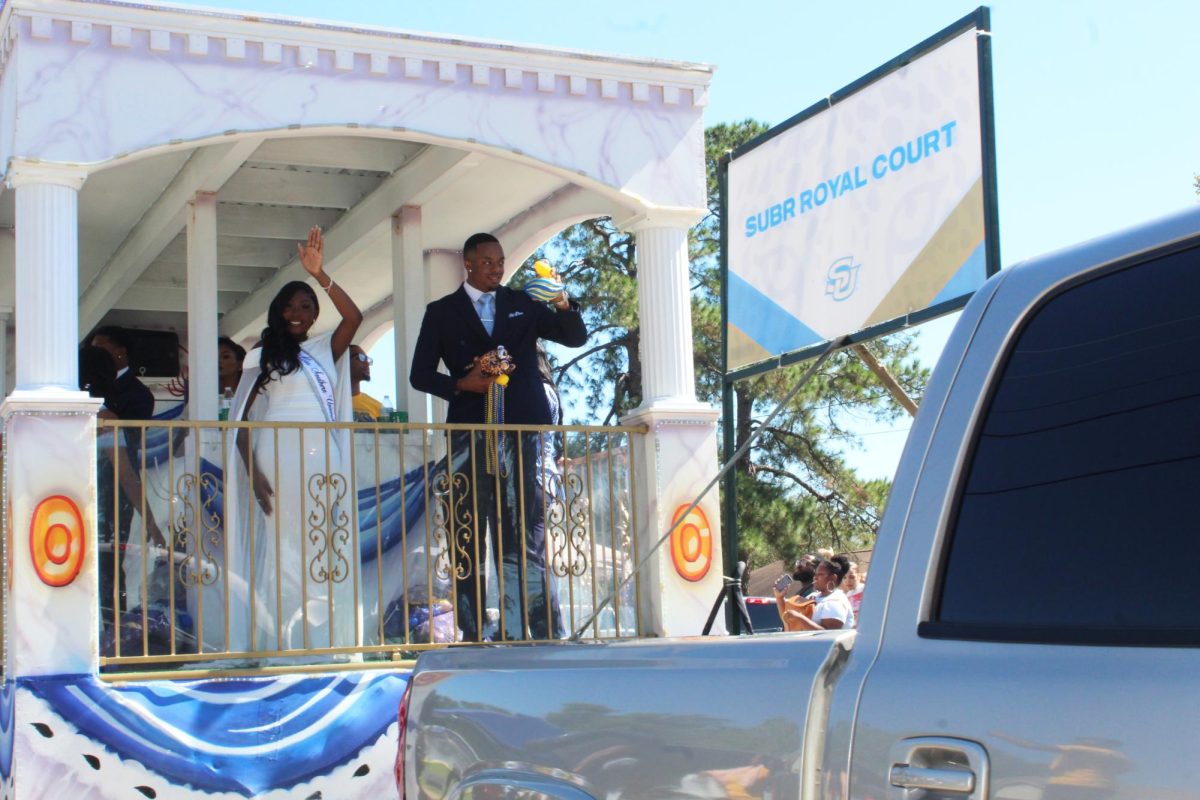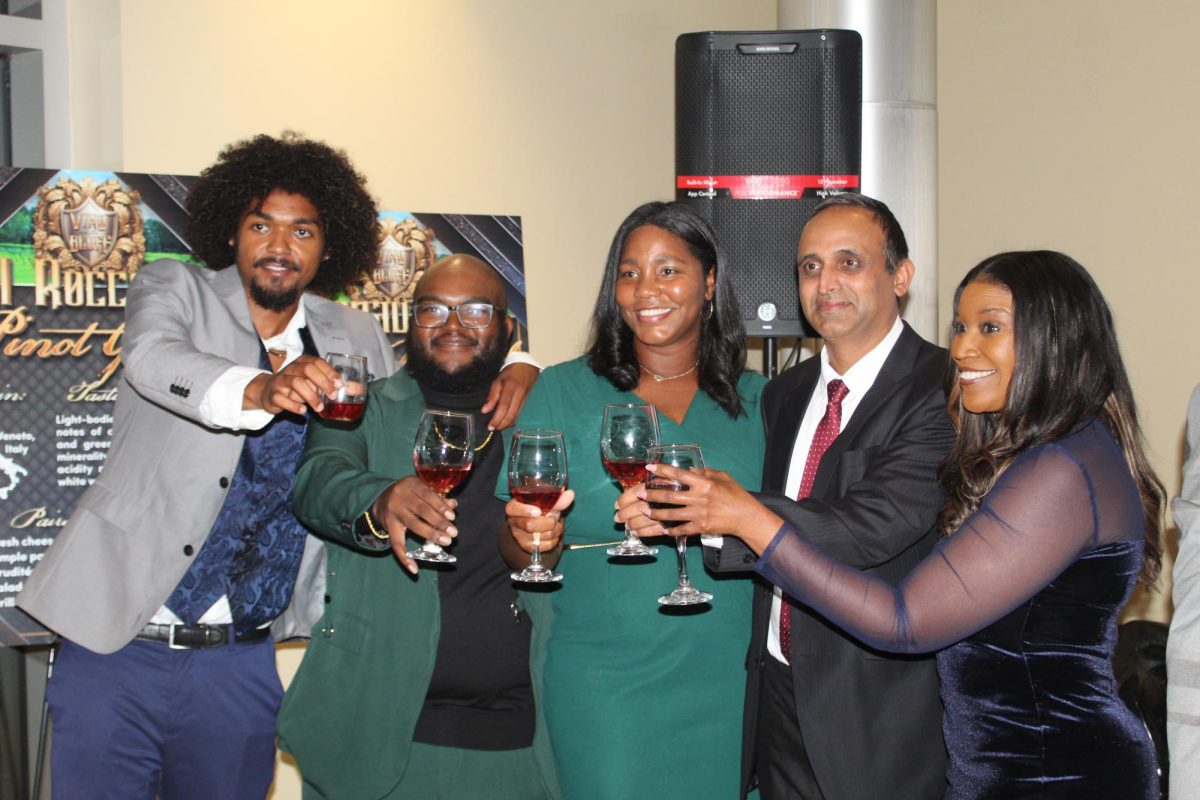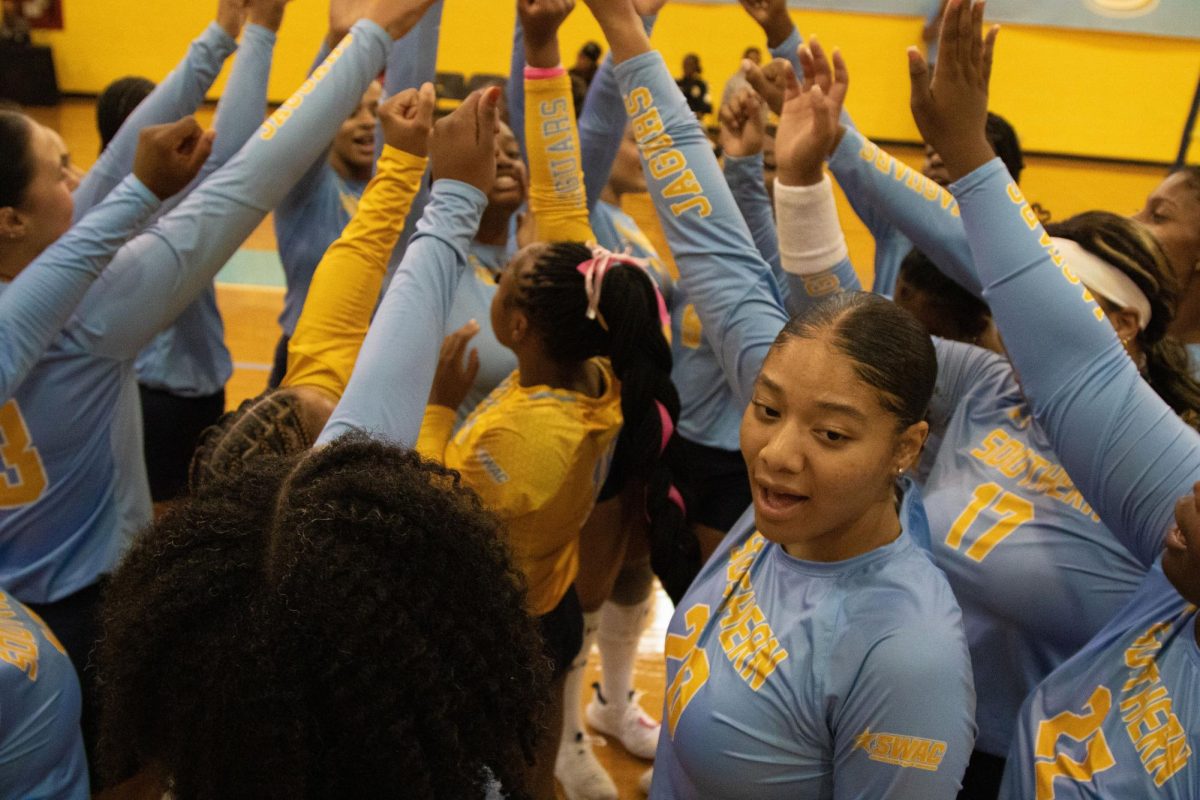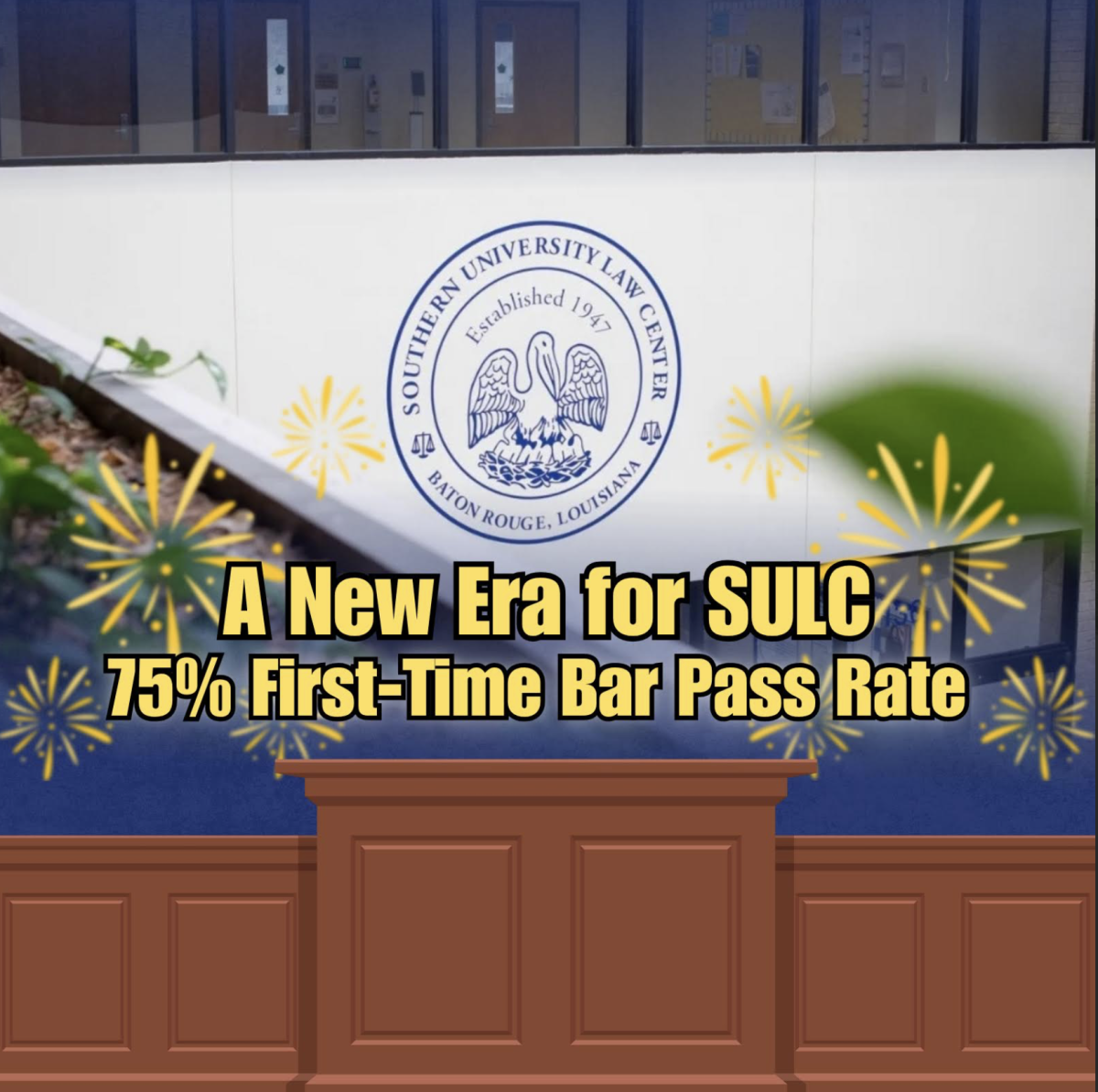WASHINGTON—Anthony Shuford used to ride the No. 32 bus past the White House and wonder if the president had any idea what his life was like. He voted for Barack Obama on Tuesday and said he would never feel the same about that house, or his country.
In the cities that have written the long, complicated history of race in America — places where slaves were bought and sold, where a Declaration of Independence prematurely called “all men” equal, where black students faced segregationist mobs — voters black and white spoke of joy, hope and utter disbelief.
In the often forgotten neighborhood of Anacostia, people spoke of history — slavery and separate water fountains. They reached in vain for adjectives that were big enough — excited, ecstatic, astonishing. Some just leaned out of car windows and shouted: “Obamaaaaaa!”
It’s less than five miles from the White House, a muddy river serving as the boundary between living and just surviving. Shuford remembered going home from work and thinking “I’m coming across the bridge to a poverty-stricken neighborhood, to abandoned buildings, knowing right across the bridge is Capitol Hill.”
Now he feels like heading back across that bridge to 1600 Pennsylvania Ave., “just to support and rejoice.”
Others spoke of popping champagne, of winning the lottery. They remembered those who died before witnessing this day, and they stored away “I Voted” stickers as if they were precious heirlooms.
“What did Martin Luther King say? We’re going to the mountaintop? That’s how I feel,” said Delores Oliver, standing in the parking lot of the hilltop Washington View Apartments, with the famous part of Washington spread out in the distance below.
Millions of voters who swamped churches and schools and community centers Tuesday paused to consider what generations before had been brutalized for, died for and only dreamed of: The chance to vote a black man into the White House.
“Look where black people came from,” said Dasmin Hollaway, a black college student, not far from where nine students faced down angry crowds and the governor of Arkansas in 1957 to integrate Central High School in Little Rock.
“We started off as slaves,” Hollaway said after voting for Obama. “Now look.”
Now look. Centuries after a nation was founded on freedom but enslaved its own, 143 years after race tore it in half, 45 years after King dreamed and 40 after he died, Americans had the opportunity to elect the son of a Kenyan and a Kansan as leader of the free world.
George Palmer, a 41-year-old computer analyst, considered the weight of it as he waited with his wife, Joetta, and their 5-year-old twins, Justin and Jasmine, to vote for Obama.
They were in line at Burke High School in Charleston, S.C., next to the Citadel military academy, whose cadets fired on a Union steamer en route to Fort Sumter on Jan. 9, 1861. They were not far from where hundreds of thousands of slaves had been traded.
Palmer’s thoughts were on more recent memories.
“When I was a kid and my mom told me I could be president, I didn’t believe it,” said Palmer, who is black. “But if he wins today, when I tell my son, ‘Hey, you could be president one day,’ he will believe it.”
At another voting precinct in Charleston, the white longtime mayor, Joseph P. Riley Jr., was waiting in line. He called the election “just a wonderful remembrance of what America is — that people freely have the capacity to progress.”
Riley cited the landmark Brown vs. Board of Education decision: To be here 54 years later, he said, was “just a wonderful fact about America.”
The Brown decision took its name from Oliver Brown, whose daughter had to travel to segregated Monroe Elementary School, kept out of a white school much closer to their home.
The building, in Topeka, Kan., is now a national historic site. And on Tuesday, in what used to be a second-floor classroom, 76-year-old Mary Benson cast a vote for Obama.
Benson, who attended a black-segregated elementary school in Topeka, remembers how she felt when the Brown decision was handed down: “hoping but doubtful.” Now, voting for Obama felt “wonderful.”
At a nearby polling place, Ralph Hoover, a white, 68-year-old retired probation officer, called Obama’s candidacy “cleansing” for the United States.
“People will grow to trust him — if they don’t already,” he said after voting for him. “I think it’s genetic in us, to worry about superficial things.”
Today, America celebrates what began in Topeka. But race in America is also about scars, deep and persistent.
Categories:
Obama on the ballot: Elation and disbelief
November 7, 2008
0
